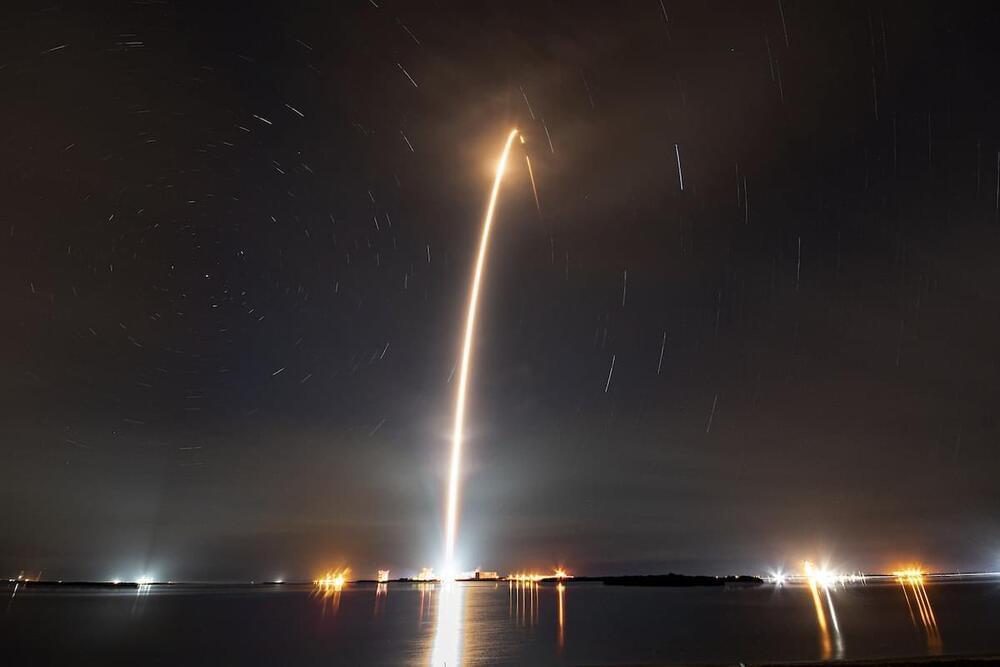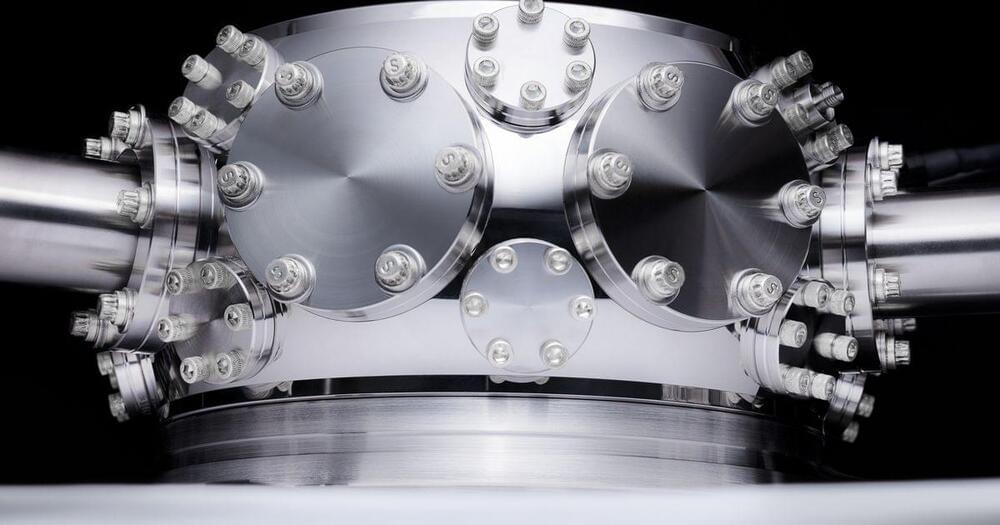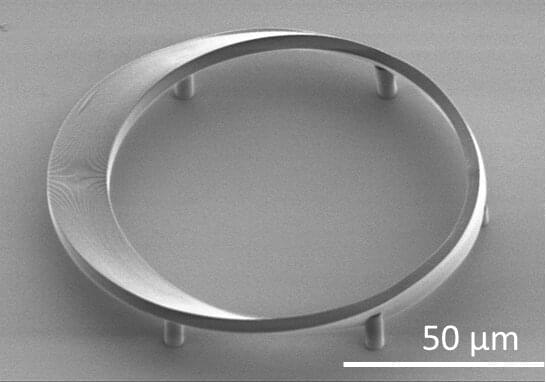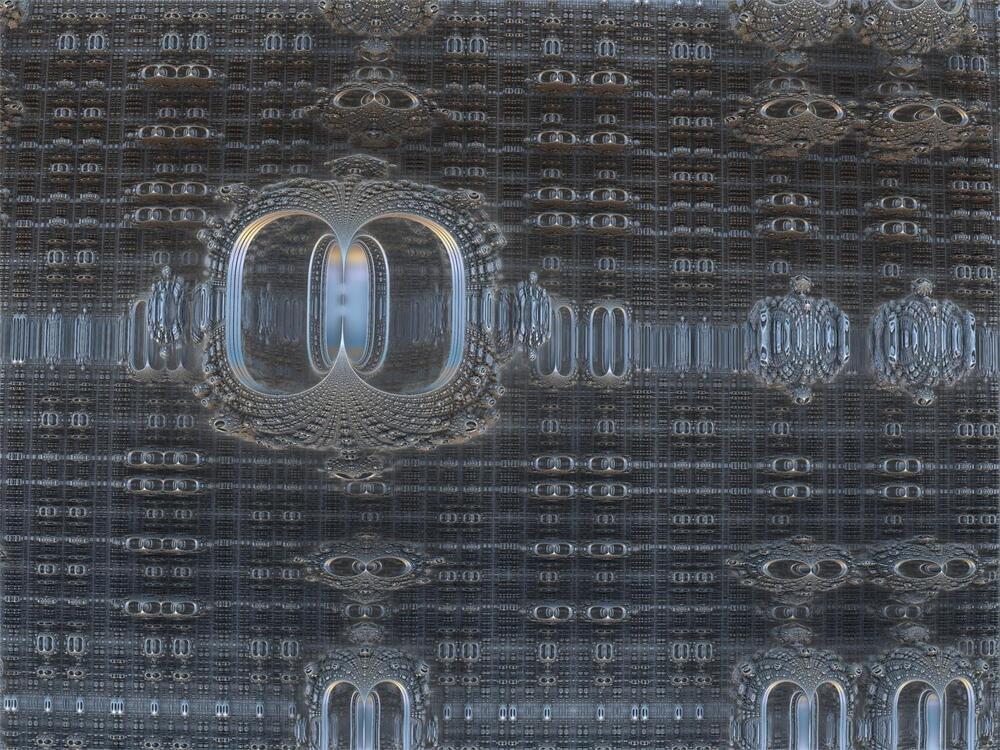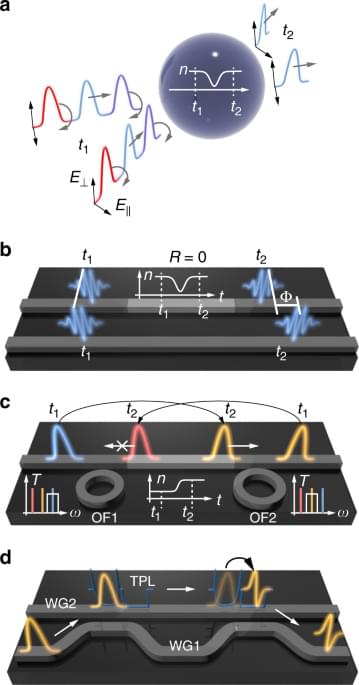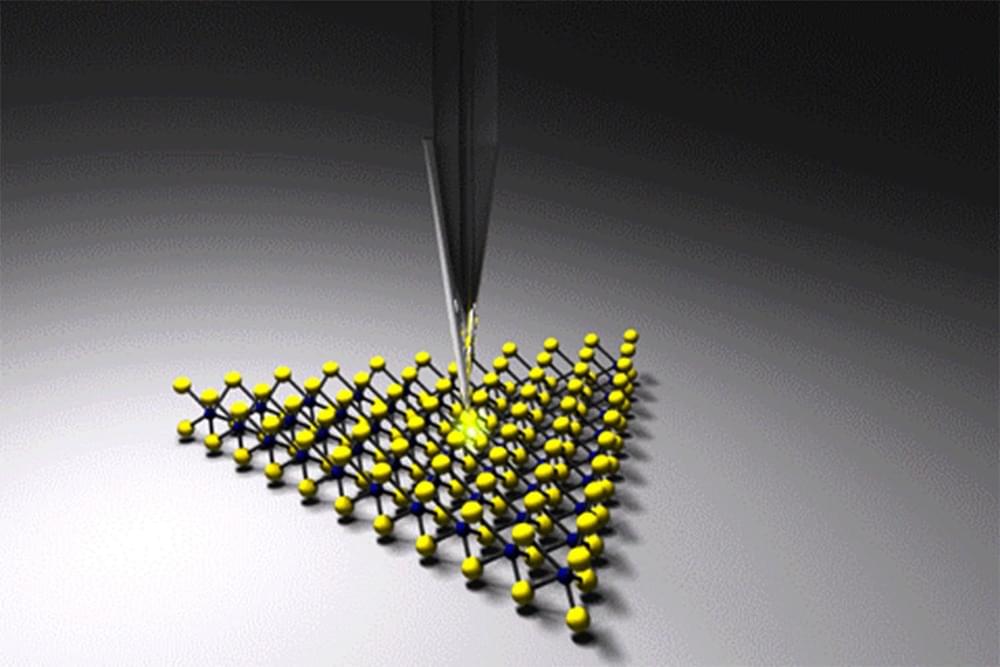Today’s quantum computers are complicated to build, difficult to scale up, and require temperatures colder than interstellar space to operate. These challenges have led researchers to explore the possibility of building quantum computers that work using photons—particles of light. Photons can easily carry information from one place to another, and photonic quantum computers can operate at room temperature, so this approach is promising. However, although people have successfully created individual quantum “logic gates” for photons, it’s challenging to construct large numbers of gates and connect them in a reliable fashion to perform complex calculations.
Now, Stanford University researchers have proposed a simpler design for photonic quantum computers using readily available components, according to a paper published Nov. 29 in Optica. Their proposed design uses a laser to manipulate a single atom that in turn, can modify the state of the photons via a phenomenon called “quantum teleportation.” The atom can be reset and reused for many quantum gates, eliminating the need to build multiple distinct physical gates, vastly reducing the complexity of building a quantum computer.
“Normally, if you wanted to build this type of quantum computer, you’d have to take potentially thousands of quantum emitters, make them all perfectly indistinguishable, and then integrate them into a giant photonic circuit,” said Ben Bartlett, a Ph.D. candidate in applied physics and lead author of the paper. “Whereas with this design, we only need a handful of relatively simple components, and the size of the machine doesn’t increase with the size of the quantum program you want to run.”
